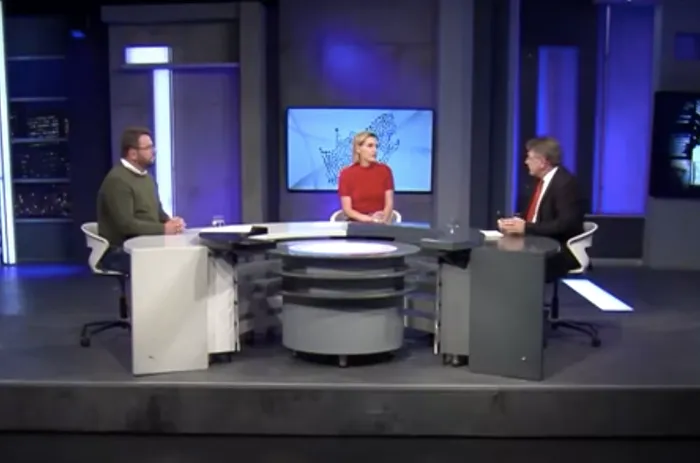How News24's Twatterbaas Scandal Exposed the Moral Collapse of South African Journalism

Is South African journalism losing its moral compass? The Twatterbaas scandal raises critical questions about media integrity and accountability.
Image: Screenshot / YouTube
By Sipho Tshabalala
In any functioning democracy, the media holds an essential mandate, not merely to report, but to serve as a mirror to society, a check on power, and a forum for open discourse. When this role is compromised by selective outrage, double standards, or the manipulation of truth, public trust erodes. The recent exposé by News24 targeting the anonymous X (formerly Twitter) user known as @twatterbaas presents a troubling case of editorial overreach, moral contradiction, and institutional discomfort with dissent.
News24’s publication did not stop at critique. It exposed the user’s full name, home address, family associations, and business details, a practice widely known as “doxxing”. Presented as an act of investigative journalism, the article arguably crossed a line from public interest into personal targeting. The publication’s intent seemed less about engaging with ideas and more about silencing a controversial voice by turning public scrutiny into a tool of pressure and intimidation.
When public backlash mounted, assistant editor Pieter du Toit appeared on kykNET to defend the editorial decision. In a televised debate with lawyer Willie Spies, who represents @twatterbaas, du Toit focused on a specific tweet in which the user claimed that “Black people are breeding themselves into poverty”. The tweet included a demographic graph illustrating the growth of South Africa’s black population in contrast to stagnation among other racial groups.
Du Toit dismissed the graphic outright: “There’s no source for this. This is fake. This is disinformation.” The dismissal carried weight, as it implied that not only was the content inaccurate, but that it was intentionally manipulative and racially inflammatory.
But that’s where the scandal deepened.
Internet users quickly uncovered that the same graph had in fact been published by News24 itself in a 2017 article titled “We’re running out of whites”, authored by Zinhle Maphumulo and Johan Eybers. The data, previously framed within demographic commentary by News24’s own editorial team, had now been repackaged by a private citizen and was being publicly condemned by the same institution.
This contradiction laid bare a troubling reality: if quoting the graph is racist, then by the publication’s own logic, so too is having originally published it. Yet rather than addressing the inconsistency or issuing clarification, News24 quietly removed the graph from the original article, without editorial note or public acknowledgement. The only evidence of its prior existence remained in an archived version retrieved via the Wayback Machine.
The deletion, and the silence that followed, raises urgent questions about editorial integrity and transparency. When a media institution erases part of its historical record without explanation, it does not just alter a webpage, it alters the public record. What could have been a moment of self-correction became a demonstration of selective accountability.
The Twatterbaas incident is not about defending inflammatory commentary. It is about holding a media house to the standards it claims to enforce. Either the graph is disinformation, and News24 should answer for publishing it — or it is legitimate, in which case their condemnation of @twatterbaas’s use of it appears ideologically motivated.
What emerges is not a debate over data, but a demonstration of power. News24’s decision to expose the user, frame the content as racist, and then quietly delete its own connection to that data speaks to a culture of control rather than consistency. It reflects a media structure less interested in truth than in preserving authority, even at the cost of coherence.
And here, the emotional weight becomes necessary. Because beyond the editorial contradictions lies something more unsettling: the willingness to weaponise public morality selectively. When institutional media engages in such tactics, it sends a message, not just to @twatterbaas, but to all dissenting voices, that speech outside sanctioned narratives may be punished, shamed, or erased.
What South Africans witnessed was not only the exposure of an anonymous critic, but the exposure of an institution's own discomfort with its contradictions. If the media is to hold others accountable, it must be prepared to do the same within its own walls.
The scandal does not lie in a tweet or a graph. It lies in the quiet deletion, the loud condemnation, and the unwillingness to confront the hypocrisy in between. In choosing to erase rather than explain, News24 has undermined not only its own credibility, but the very principles it purports to defend.
* Sipho Tshabalala is an independent writer, analyst and political commentator.
** The views expressed do not necessarily reflect the views of IOL or Independent Media.
Related Topics:
